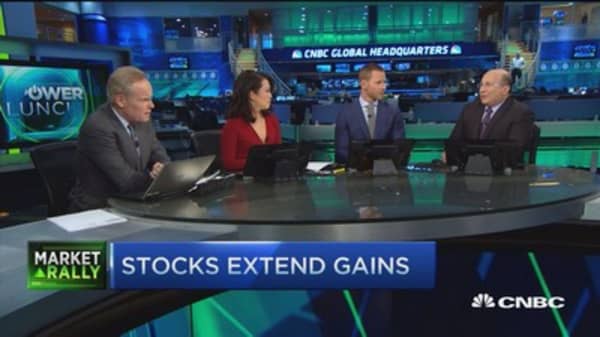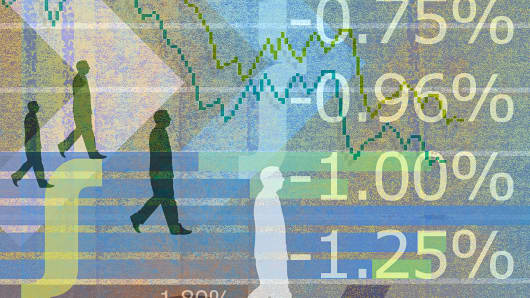Some reports have suggested that China has seen $1 trillion (that's trillion with a "T") exit the mainland, while emerging market economies have witnessed similar capital flight.
If that trend were to worsen, it would likely lead to a financial panic, a deep global recession and even more deflation, a vicious cycle for which there may be no immediate, nor obvious cure.
The Fed should, given recent events, simply admit its error of pre-emptively raising rates before both its employment and inflation mandates had been met, and reduce the Federal Funds rate back to zero, pending further improvements in the economy. Certainly, the Federal Reserve risks its credibility by admitting an error, but that is a far better outcome than risking recession by not doing so.
While I am hopeful the Fed will halt the rate hikes for the foreseeable future, I am less optimistic the Fed will fully reverse course.
This delay may simply postpone the inevitable, negative interest in the U.S. as well. In one sense, Wall Street, Main Street and Washington are not fully prepared for such a dramatic move. While many may view this development as a buying opportunity for stocks, it may signify an environment in which monetary policy is no longer the cure for what ails us.
Commentary by Ron Insana, a CNBC and MSNBC contributor and the author of four books on Wall Street. Follow him on Twitter @rinsana.
For more insight from CNBC contributors, follow @CNBCopinion on Twitter.








